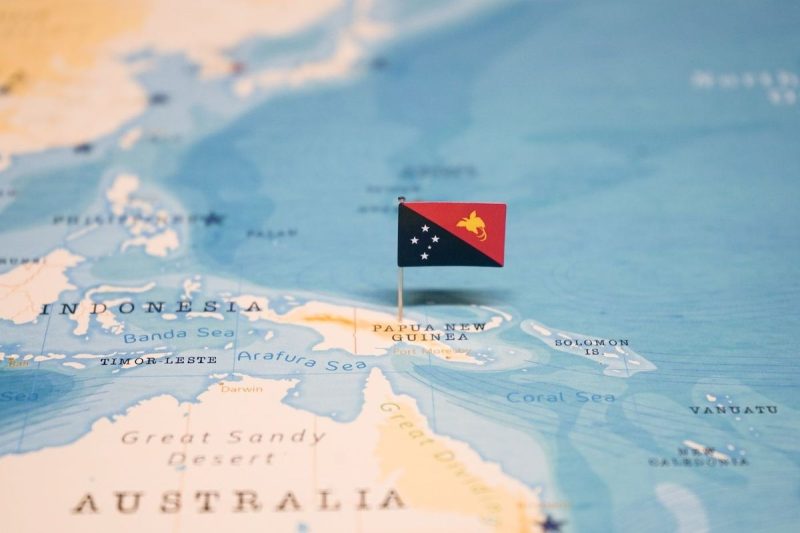The recent tribal conflict near the Porgera gold mine in Papua New Guinea has resulted in a tragic loss of life, with reports indicating that at least 30 individuals have been killed as a result of the ongoing clashes. The root causes of the conflict can be traced back to longstanding grievances and disputes over land ownership, resource allocation, and ethnic differences, all of which have contributed to escalating tensions between the rival tribes.
This latest outbreak of violence underscores the complex social, economic, and political dynamics at play in Papua New Guinea’s resource-rich regions. The Porgera gold mine, operated by Barrick Gold Corporation and Zijin Mining Group, has been a focal point of controversy and contention for years, with local communities often bearing the brunt of the negative impacts associated with large-scale mining operations.
One of the key issues fueling the conflict is the perceived lack of consultation and consent from indigenous communities in decision-making processes related to mining activities and their potential environmental and social consequences. The extraction of natural resources in Papua New Guinea has historically led to displacement, environmental degradation, and social disruption, exacerbating existing tensions and inequalities within and between communities.
Efforts to address the underlying causes of the conflict must prioritize meaningful engagement with affected communities, respect for indigenous rights and land tenure systems, and a commitment to equitable and sustainable development practices. Collective action involving government authorities, mining companies, civil society organizations, and local stakeholders is essential to promote dialogue, understanding, and conflict resolution in a manner that promotes peace, justice, and reconciliation.
In addition to addressing the immediate security concerns arising from the violence, it is imperative to tackle the systemic issues that perpetuate conflict and marginalization in resource-rich regions like Porgera. This includes enhancing transparency and accountability in the extractive industry, strengthening governance mechanisms, fostering inclusive economic opportunities for local communities, and upholding the rights and well-being of all individuals affected by mining activities.
The tragic loss of life near the Porgera gold mine serves as a stark reminder of the urgent need to address the root causes of conflict and violence in Papua New Guinea’s resource sector. By fostering dialogue, promoting social cohesion, and advocating for sustainable development approaches that prioritize community well-being and environmental stewardship, stakeholders can work together to build a more peaceful, just, and resilient future for all those living in and around mining-affected areas.
